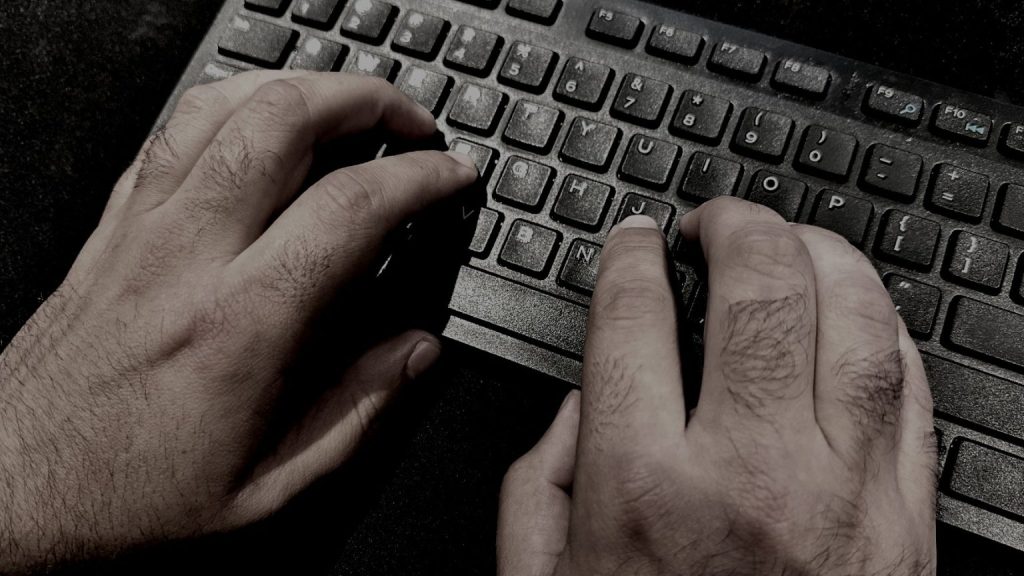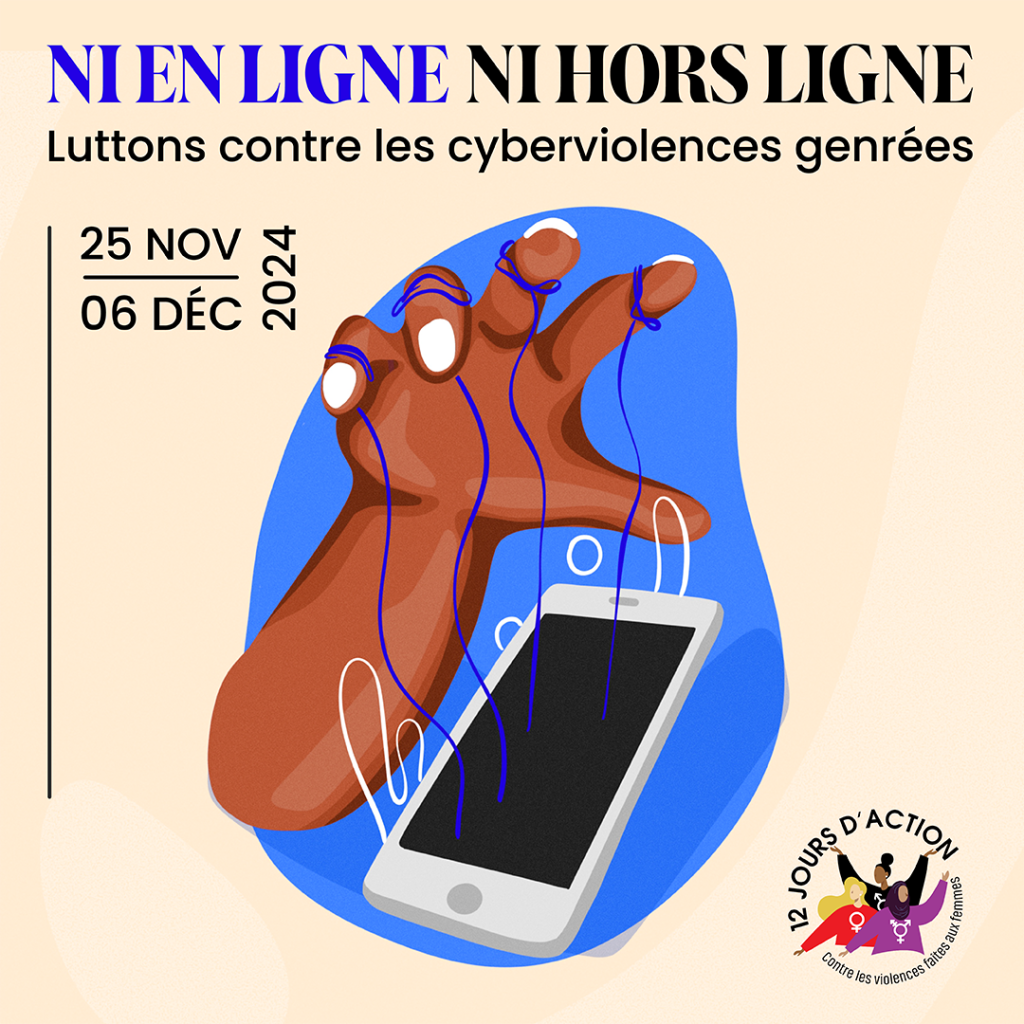Rampant gendered cyberviolence in Quebec has ‘profound’ consequences on women, advocates say

Posted December 4, 2024 1:39 pm.
Last Updated December 4, 2024 5:31 pm.
With the 35th anniversary of the Montreal Polytechnique massacre fast approaching, advocates are trying to bring awareness to the widespread nature of another type of anti-woman violence.
According to the Conseil du statut de la femme, it’s mostly women who are victims of online criminal harassment or who receive non-consensual explicit images.
The Quebec Women’s Federation (FFQ) says the issue of online misogyny or gendered cyberviolence, which the group argues has surged in the past give years, is widely overlooked.
Marina Mathieu, the FFQ’s awareness and mobilization lead, says it has “profound and often invisible consequences.” She says reports of deep fakes and leaks, for instance, have impacted women’s lives and reputation.
“We need to think about how is it that we are facing this problems because the technology will not stop evolving and that violence does have an impact daily in the lives of the people who are experiencing it,” Mathieu said.
Mathieu adds it can lead to isolation and exacerbate psychological distress.

According to statistics released by the UN last Monday, 140 women or girls are killed every day by their partner or a close family member, which means a woman is killed every 10 minutes.
According to the YMCA, the number of hate crimes against women has risen by 72% since 2019, driven by the growing prevalence of hate online.
“The statistics will not continue to go down if we don’t bring awareness and inform people on the impacts of this type of violence,” Mathieu said.
She says since 2019, online hate crimes have gone up 72 per cent for people of colour, the 2SLGBTQ+ community, and women with a disability.

Florence Pardo of Action Femmes et Handicap (AFH) says women with disabilities are two times more affected by violence than other women.
“One member was telling us about some exchange that she had with someone she thought was sympathetic and then some of the ableism came out, you know, as they were talking,” Pardo said.
Pardo said more awareness across the board is needed.

“So of course, women with disabilities are affected by that as well.”
The FFQ says Quebec’s laws are outdated or insufficient to tackle the evolving issues, and there is poor enforcement of existing laws.
The awareness push is part of the organization’s “12 Days of Activism against Gender-Based Violence campaign,” which ends Friday — coinciding with the anniversary of the Dec. 6, 1989 shooting in which 14 female students were killed.
Advocates in the province have long been asking the government to take specific actions to address cyberviolence, including requiring that police officers follow a mandatory online-harassment training program.
RELATED: Documentary by two Quebec filmmakers exposes horror of cyber violence against women
Others want the federal government to force social media companies to crack down on hate speech on their platforms or risk steep financial penalties.
Last spring, Quebec said it is open to setting a minimum age for social media accounts as oversight structure is deficient.
“The law hasn’t evolved as fast as the types of crimes that we’re experiencing right now in terms of cyberviolence,” Mathieu said.
Mathieu and Pardo says funding and more support is needed, with Mathieu adding advocacy, education and safer spaces are crucial to address the psychological distress this causes.
“Not only is it psychological, it’s economical, it’s societal that we see a group of people who are experiencing cyberviolence, cyber intimidation, any types of violence online are not having the proper structures to support them to defend themselves and to rebuild that reputation that can take years to fight for,” said Mathieu.
With collaboration from the FFQ, a mural is being created to remind Montrealers on the subject that is often left in the shadows.
“Without community, without a good system of support I don’t think that any victims of gender-based cyberviolence can find a way to get out of it,” said Mathieu.








